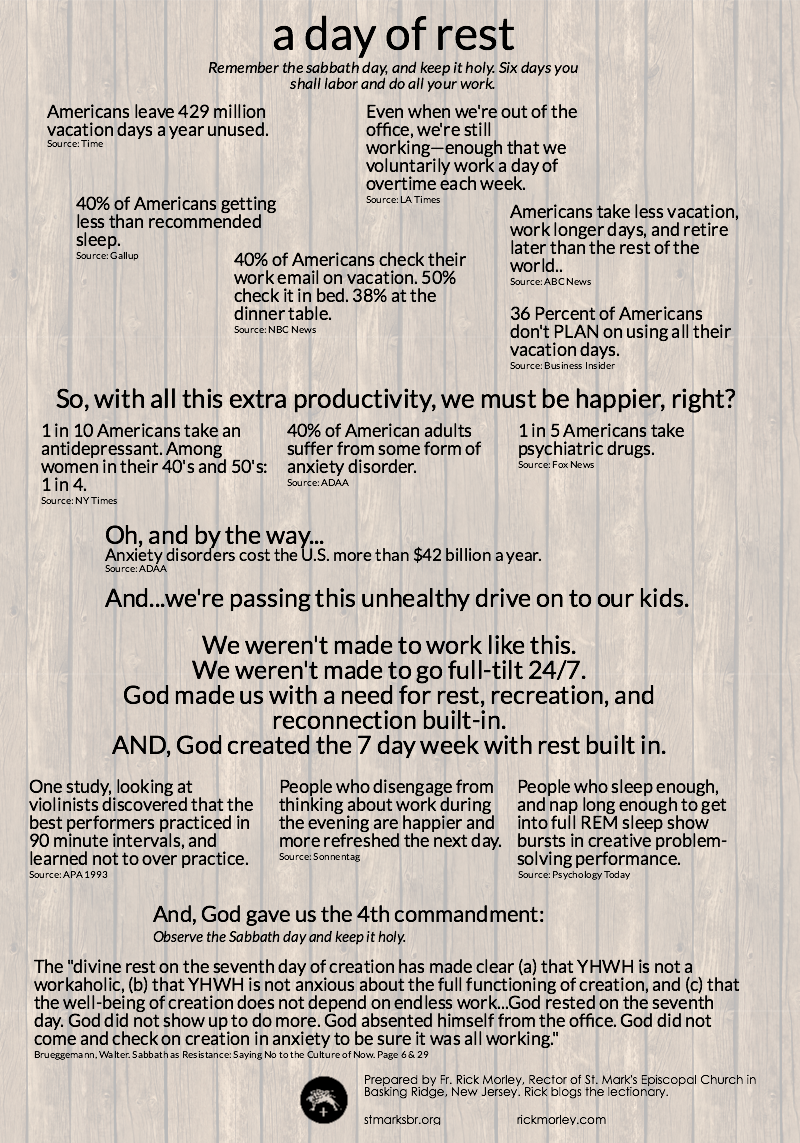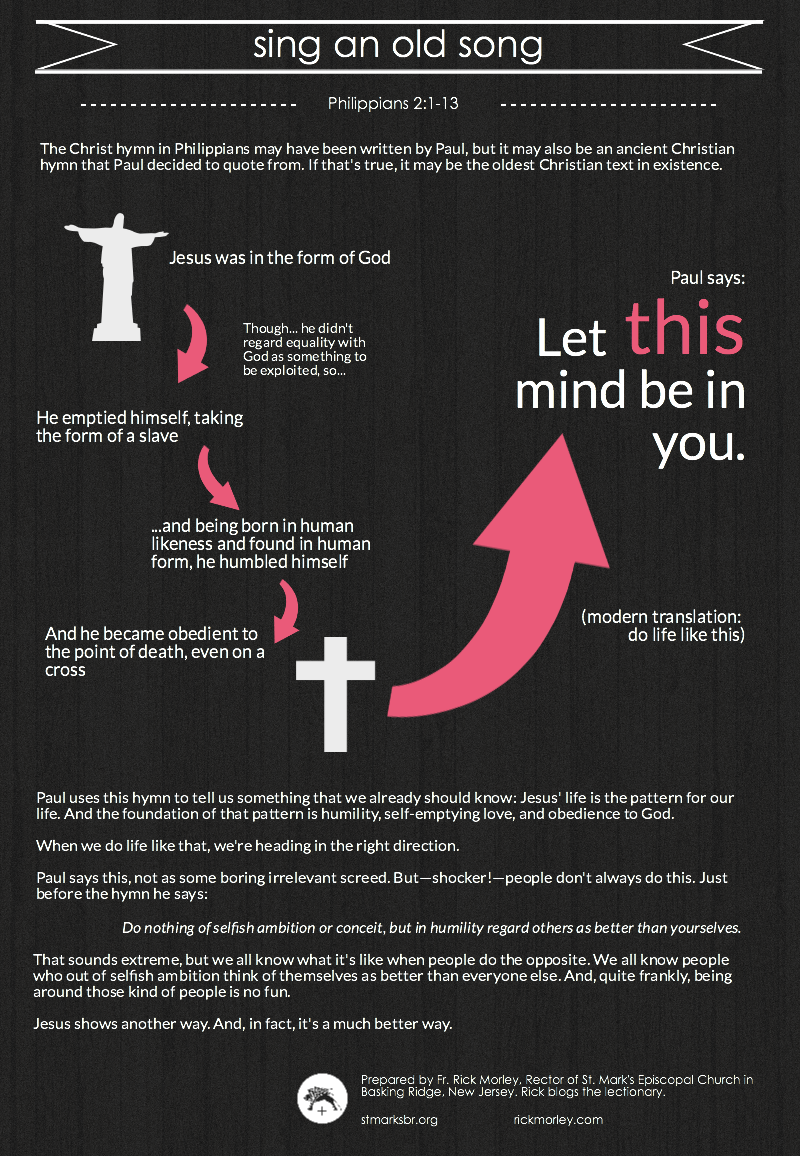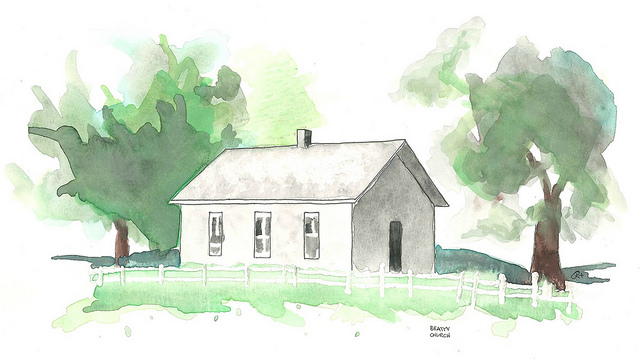A reflection on Matthew 18: 21-35, the gospel lesson for Proper 19a, according to the Revised Common Lectionary.
Oh, how I love this parable. If ever there were someone who got what they deserved, it’s this weasel!
He owed a debt of 10,000 talents. A talent was equivalent to a year’s wage.
In 2013 in America, the median yearly income was a little over $51,000. So, in 2013, 10,000 talents would be worth a little over 500 million dollars.
Imagine opening up a bill for that.
And then imagine that debt being forgiven. Wouldn’t you be a little relieved? Perhaps even a little overjoyed? Maybe you’d want to pass it on?
Not our little weasel, though. After being forgiven 500 million, another slave owed him about 18 thousand dollars. And he seized him, and had him thrown into jail.
When the Master, who had forgiven the half billion heard about this injustice he had him seized and tortured, until he could repay the debt, which was of course…never!
Isn’t it delicious! The weeping! The gnashing! O, the justice!!
But then these words of a Jesus haunt me…
Should you not have had mercy on your fellow slave, as I had mercy on you?’
Oh, crud…
The weasel is me. I’ve been shown so much mercy. SO much mercy. More mercy in fact than I’m comfortable going into on The Internets…
Who am I to judge another? Why can’t I have mercy on this huge weasel?
And, THAT’S what this passage is about. Mercy. Extravagant, ridiculous, over-the-top mercy. Not just on the undeserving, but ESPECIALLY on the undeserving. (Mercy wouldn’t be mercy if it were somehow earned…)
It’s so easy to want to climb on top of another. It’s so easy to want to claim the higher ground, and proclaim myself better than someone else.
But, that is not the way of Jesus. Jesus’ way is the way of mercy.





